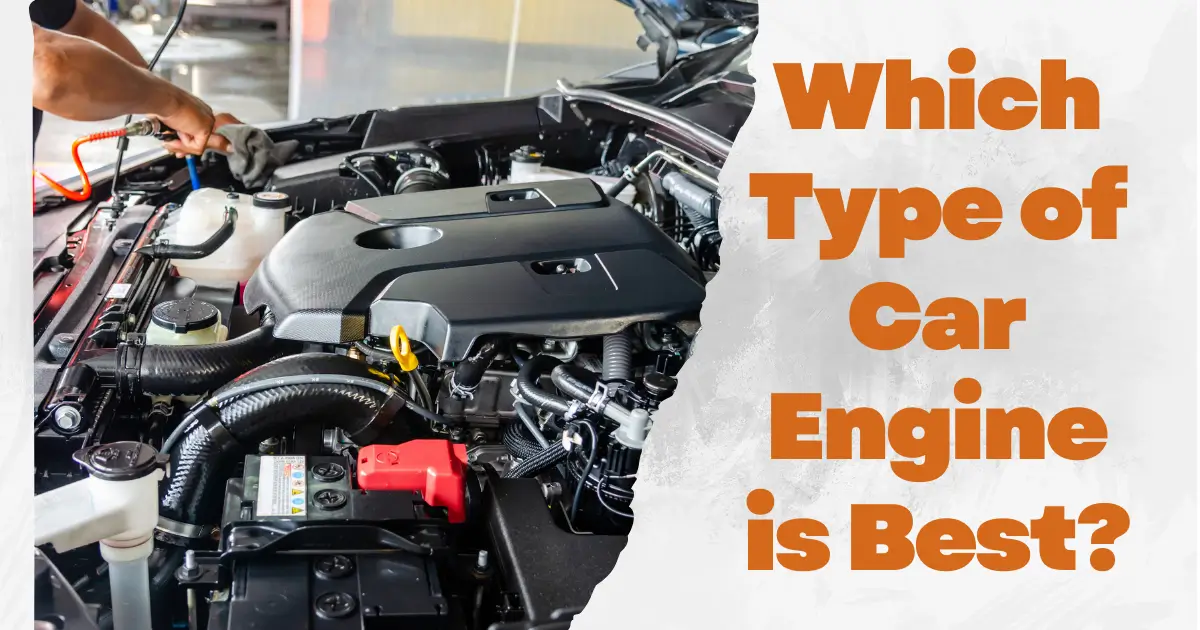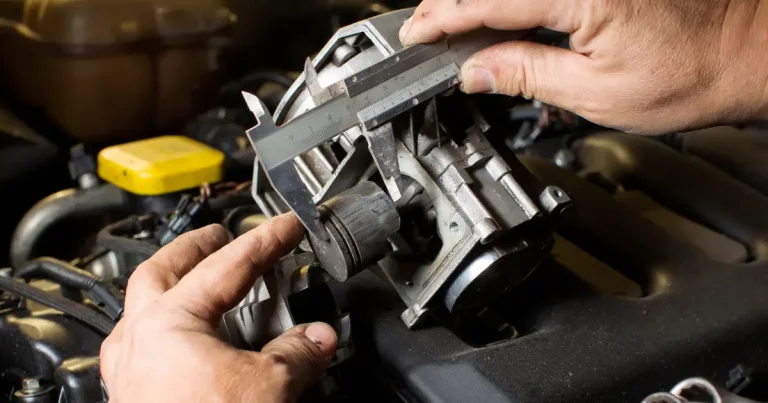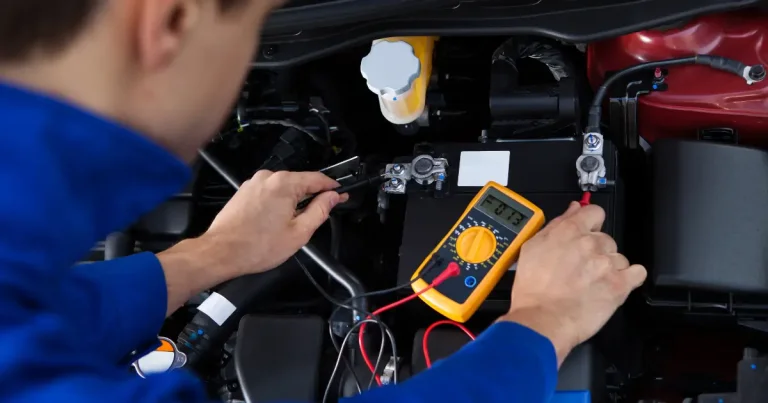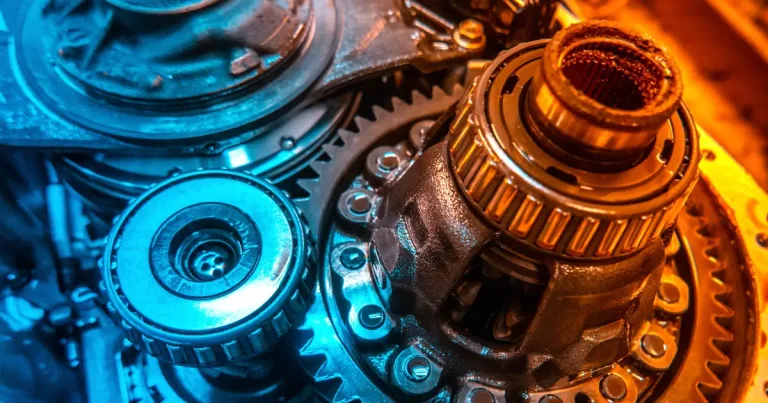The best type of car engine depends on individual needs and priorities. Fuel efficiency, performance, and environmental impact often guide the choice.
Which Type of Car Engine is Best?
Choosing the right car engine is essential for drivers prioritizing efficiency, performance, or eco-friendliness. Traditional combustion engines remain popular, known for their reliability and widespread availability. For those seeking improved fuel economy, turbocharged engines offer a balance between power and efficiency.
Electric engines draw attention for their minimal environmental footprint and low running costs. Hybrid engines stand out as a versatile choice, combining the benefits of electric and combustion engines. Your ideal engine should align with your driving habits, budget, and eco-consciousness. It’s vital to consider the long-term costs, maintenance requirements, and the intended use of the vehicle. Selecting the most suitable car engine will ensure a satisfying driving experience tailored to your lifestyle.
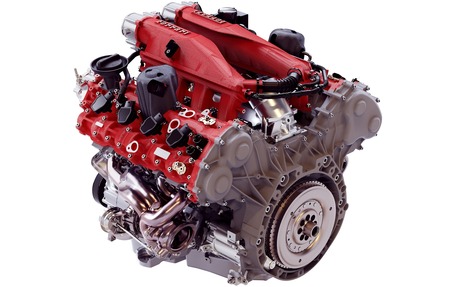
Credit: mobile.guideautoweb.com
Introduction To Car Engines
The heart of every vehicle is its engine. It’s a marvel of engineering that powers your journey. Choosing the right one makes all the difference. This section shines a light on the inner workings of car engines. Let’s unlock the mysteries of car engines for every car enthusiast.
Types Of Car Engines
Car engines vary in design, power, and efficiency. Key types include:
- Internal Combustion Engines (ICE): Fuel burns inside to power the car.
- Electric Motors: Battery-powered engines for clean operation.
- Hybrid Engines: A blend of ICE and electric power.
- Diesel Engines: Known for their efficiency and torque.
Criteria For Evaluating Engine Performance
Selecting the finest engine requires understanding performance indicators:
- Horsepower (HP): Measures the engine’s power output.
- Torque: Reflects the twisting force for acceleration.
- Fuel Efficiency: Indicates how far your car travels per gallon or liter.
- Emissions: Levels of environmental impact.
- Reliability: Probability of engine lasting without issues.
Internal Combustion Engines
At the heart of most cars, you’ll find an Internal Combustion Engine (ICE). ICEs power cars by burning fuel to create motion. Let’s explore the two main types of these engines: gasoline and diesel.
Gasoline Engines Explained
Gasoline engines are very popular in cars around the world. They work by mixing fuel with air, compressing it, and igniting the mixture to create movement.
- Widely used: Most common in passenger vehicles
- Lightweight: They add less overall weight to the car.
- High revving: Able to achieve high speeds.
- Quick response: Offers immediate acceleration.
The Advantages Of Diesel Engines
Diesel engines have unique benefits. They are different because they compress only air and then inject fuel.
- More torque: Great for hauling heavy loads.
- Fuel economy: They use less fuel than gas engines.
- Longevity: Tend to last longer with proper maintenance.
- Emissions: Often have lower CO2 emissions.
Electric Motors
The era of electric cars brings a breath of fresh air to automotive engineering. Silent, efficient, and eco-friendly, electric motors have revolutionized how we think about driving. Let’s dive into what makes electric engines stand out.
How Electric Engines Work
Electric cars are propelled by electric motors using energy stored in batteries. These motors convert electrical energy into mechanical power. Here is a simple breakdown:
- Batteries supply electricity.
- Converters adjust the electric current.
- Electric motors then turn wheels with this energy.
The process is clean, with zero emissions because no fuel burns.
Benefits Of Going Electric
Electric engines are gaining popularity, and for good reason. Here are the key benefits:
| Benefit | Description |
|---|---|
| Eco-Friendly | No emissions, reducing carbon footprint. |
| Cost-Effective | Lower running costs with fewer moving parts. |
| Quiet Operation | Smoother, almost silent driving experience. |
| Instant Torque | Immediate power delivery from standstill. |
| Performance | High acceleration and top speeds are achievable. |
With these advantages, it’s clear that electric motors offer an enticing package for modern drivers. The future on the road is indeed looking electric.

Credit: www.topgear.com
Hybrid Powertrains
Engines have evolved over time. Hybrid powertrains stand out. They save fuel. They reduce pollution. Many drivers choose hybrids. Today, let’s explore why hybrids might be the best engine choice for some drivers.
Combining Electric And Combustion Engines
Hybrid cars mix two power sources. They use a traditional combustion engine and an electric motor. This duo works together to improve fuel efficiency. It also cuts down on emissions. On short trips, the electric engine can power the car alone. This means zero emissions.
The Versatility Of Hybrids
Hybrids fit many lifestyles. They are versatile. They suit city driving with stop-and-go traffic. They are also great for long distances. The combustion engine takes over on highways. It helps extend the car’s range. Let’s look at how hybrids are flexible:
- Multiple driving modes: Drivers can switch between power sources.
- Energy regeneration: Braking recharges the battery.
- Automatic start-stop: This feature saves fuel in traffic.
In summary, hybrids adapt to various driving needs. They offer a blend of efficiency and performance. For drivers who want to save on fuel but aren’t ready for a full electric, hybrids could be the answer.
Performance Metrics
When choosing a car engine, performance metrics play a crucial role. These metrics evaluate the engine’s capability. They determine how well the engine performs on the road. Understanding these numbers can guide you to the ideal engine that matches your driving needs. Let’s explore the essential performance metrics through power output and fuel economy.
Power Output Analysis
The power of an engine tells us how strong it is. Engines with higher power output can accelerate faster. They make the car more responsive.
Performance cars often prioritize high horsepower. High horsepower means the car can move quickly. It is especially important for sports cars or vehicles intended for racing.
Work vehicles, like trucks, focus on torque. Higher torque assists with hauling and towing. It is vital for vehicles that carry heavy loads.
| Engine Type | Horsepower | Torque |
|---|---|---|
| Sports Car Engine | High | Medium |
| Truck Engine | Medium | High |
| City Car Engine | Low | Low |
Efficiency And Fuel Economy
Efficiency measures how an engine uses fuel. Good fuel economy means you spend less money on gas. It also means the car has less impact on the environment.
- Traditional Gasoline Engines: These are common but not always efficient.
- Diesel Engines: They can be more efficient and have better mileage.
- Hybrid Engines: Combine gasoline and electric power for efficiency.
- Electric Engines: They use no gas and are very efficient.
Miles per gallon (MPG) is a key number for fuel economy. Higher MPG means the engine runs more miles with less fuel. This is better for your wallet and the planet.
| Engine Type | Fuel Economy (MPG) |
|---|---|
| Traditional Gasoline Engine | Variable |
| Diesel Engine | Often Higher |
| Hybrid Engine | Higher |
| Electric Engine | No fuel used |
Environmental Impact
Choosing the right type of car engine is crucial. Not only for performance but also for the planet. Engines vary in their environmental friendliness. Let’s delve into how different engines affect our world.
Emissions And Pollution
Engines emit various pollutants that harm the environment.
- Traditional gasoline engines release CO2, contributing to global warming.
- Diesel engines produce NOx, which can cause respiratory issues.
- Electric motors emit no tailpipe pollutants, offering cleaner air.
Cleaner engines mean better air quality and less impact on climate change.
Sustainable Engine Choices
Eco-friendly options are gaining popularity.
| Engine Type | Environment Benefit |
|---|---|
| Hybrid | Less fuel use than standard engines. |
| Electric | No direct emissions; runs on clean energy. |
| Hydrogen Fuel Cells | Only water vapor as a by-product. |
Choosing a sustainable engine means taking a big step towards a greener future.
Cost Considerations
The right car engine balances cost with performance. Let’s break down the expenses.
Initial Costs Vs. Long-term Savings
Car engines vary in price. Your choice impacts your wallet today and tomorrow. Diesel engines may cost more upfront but often provide better fuel economy. Electrics have higher initial prices but lower fuel costs.
| Engine Type | Initial Cost | Long-Term Savings |
|---|---|---|
| Gasoline | Lower | Low |
| Diesel | Higher | High |
| Electric | Highest | Highest |
| Hybrid | High | Medium |
Consider the differences in fuel, insurance, and tax costs.
Maintenance And Repair Expenses
Maintenance is unavoidable. Some engines are simpler and cheaper to fix. Electrics have fewer moving parts, which can mean fewer repairs. Yet, specialized electric components can be pricey.
- Gasoline engines: Frequent, moderate-cost maintenance
- Diesel engines: Less frequent, but parts are more expensive
- Electric motors: Least maintenance, but high cost for major repairs
- Hybrid engines: Mix of gasoline and electric maintenance needs
Check warranty periods and service packages when buying a car. This can save on future repair costs.
Future Of Car Engines
The car engine’s future is electric, efficient, and exciting. As technology progresses, the traditional combustion engine meets innovative challengers. These new designs promise to transform our driving experience, making it cleaner and more sustainable. Let’s dive into the heart of these developments and see where the future is driving us.
Innovations In Engine Technology
Engineers worldwide are creating engines that push boundaries. These engines are smarter, stronger, and kinder to the planet than ever before.
- Electric motors – No gas needed and they’re super quiet.
- Hybrid systems – They use gas and electric power. Best of both worlds!
- Hydrogen fuel cells – Only water comes out of the tailpipe. How cool is that?
These technologies are just the starting line. Every day brings new advances.
Shifting Towards Renewable Energy
Renewable energy is not just a buzzword; it is the solution to our planet’s pollution problem. Cars are joining in on the green revolution.
- Solar panels on cars – Harness the sun while you drive.
- Wind energy charging stations – Fill up your battery with the power of the wind.
- Biodegradable batteries – When they’re done, they won’t harm the earth.
This shift is vital for our environment. Cars will leave a smaller carbon footprint, thanks to these sources.
| Type of Renewable Energy | Benefits |
|---|---|
| Solar | Clean and abundant |
| Wind | Powerful and sustainable |
| Bioenergy | Recycles waste into energy |
Making The Best Decision
Choosing the right car engine is crucial. It can impact fuel efficiency, performance, and cost. Let’s explore how to pick the best one for you.
Matching The Engine To Your Needs
Finding the perfect engine starts with your daily demands:
- Do you value power or fuel economy?
- Is your priority speed or towing capacity?
- Are you driving mostly city miles or highway stretches?
Different engines serve different purposes:
| Engine Type | Best For |
|---|---|
| Inline-4 | Economy and city driving |
| V6 | Balance of power and efficiency |
| V8 | High performance and towing |
| Electric | Eco-friendly city commuting |
Considering The Total Cost Of Ownership
It’s about more than the sticker price:
- Calculate fuel expenses over the engine’s life.
- Include maintenance and part replacement costs.
- Expect higher insurance premiums for more powerful engines.
Long-term ownership costs can transform an affordable engine option into an expensive one. Choose wisely!

Credit: covernest.com
Conclusion
Choosing the optimal car engine depends on your priorities. Are you seeking efficiency, power, or eco-friendliness? Each engine type presents distinct advantages tailored to different needs. To make an informed decision, consider factors like fuel economy, performance, and environmental impact.
Your perfect engine matches your lifestyle and values, ensuring a satisfying driving experience.

